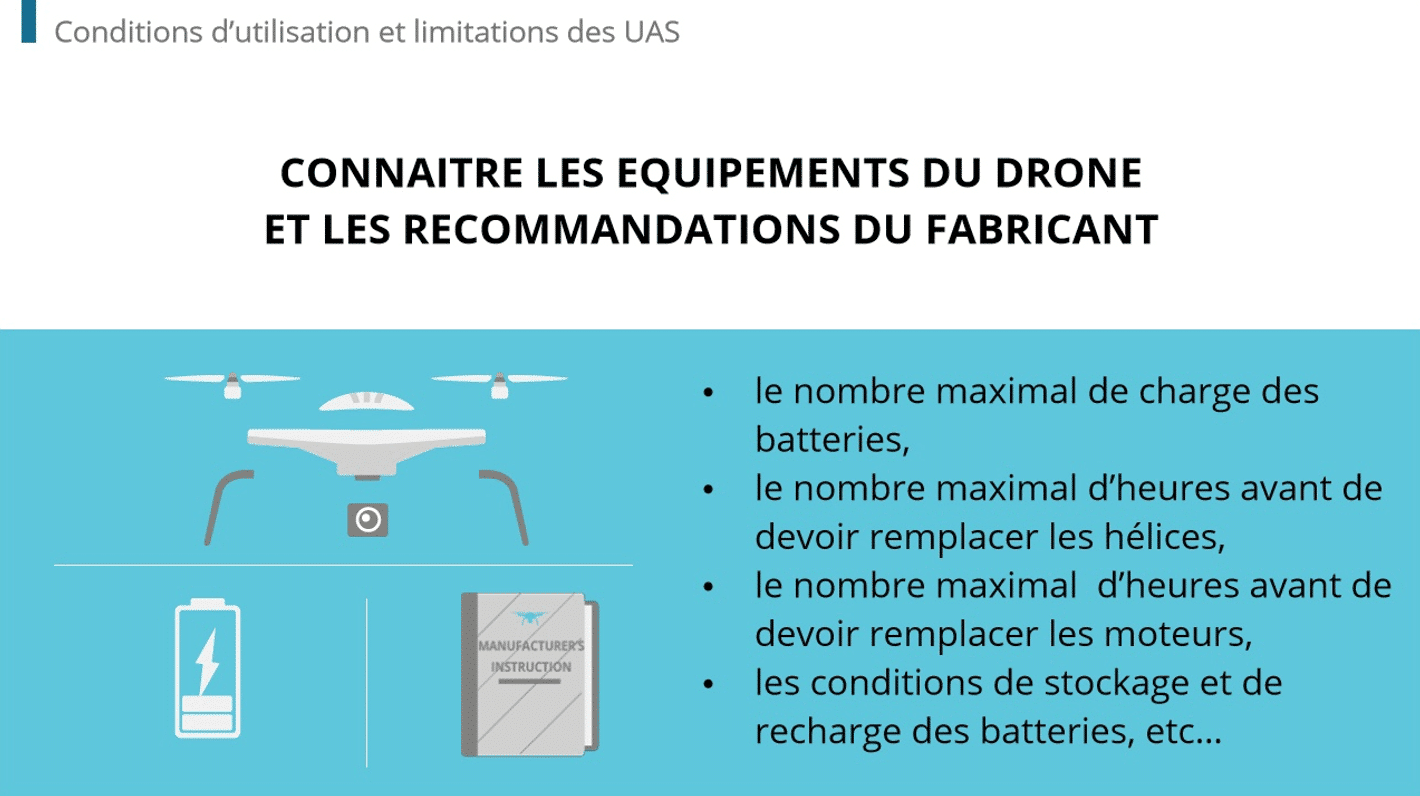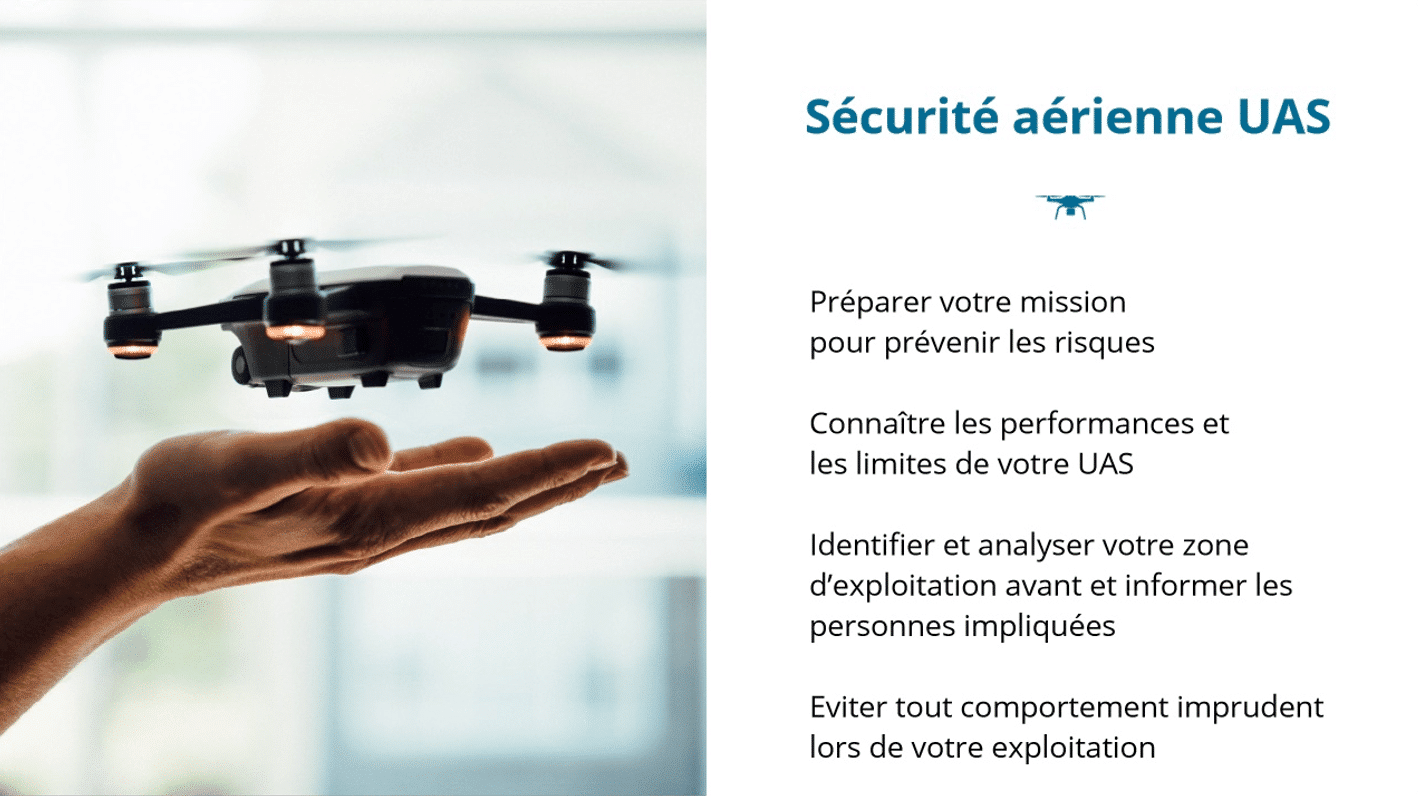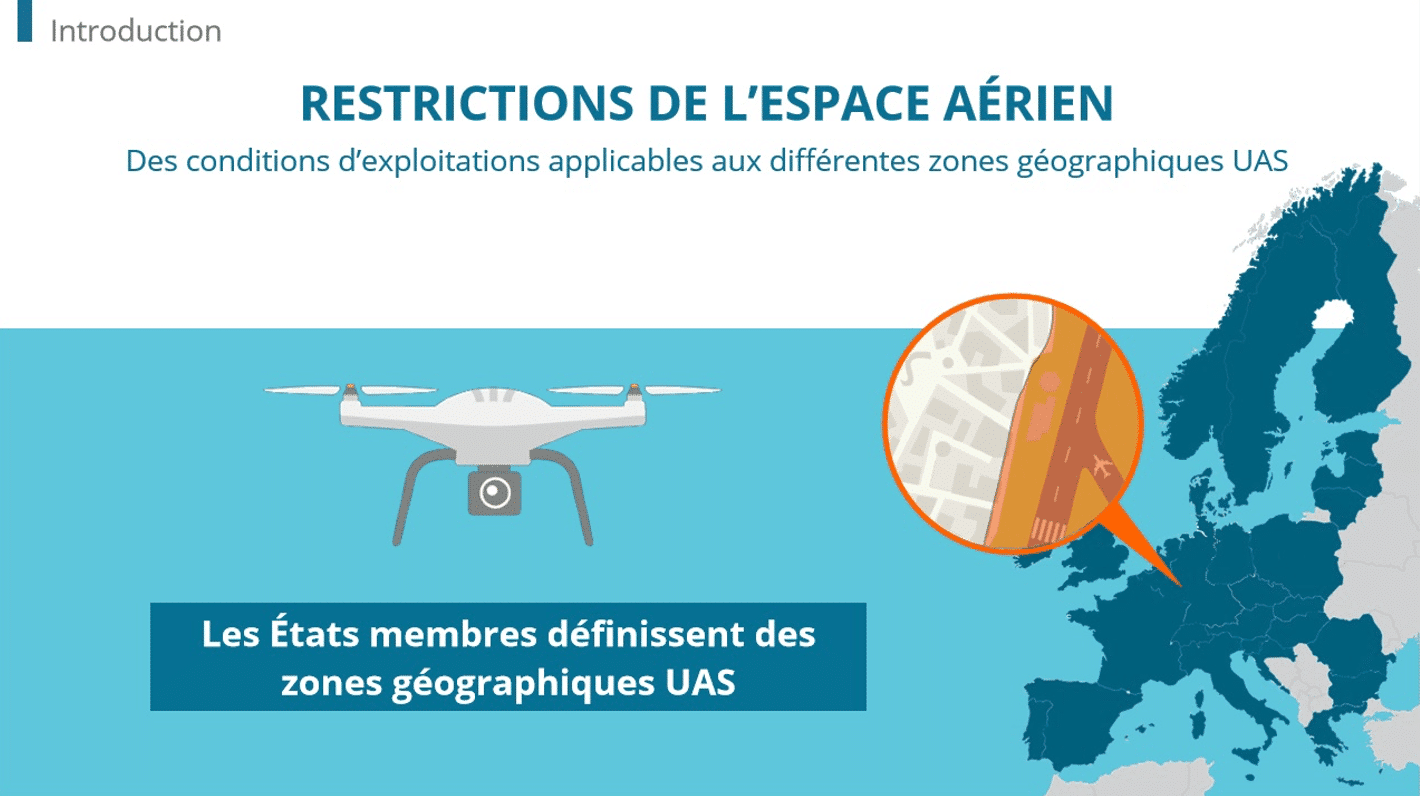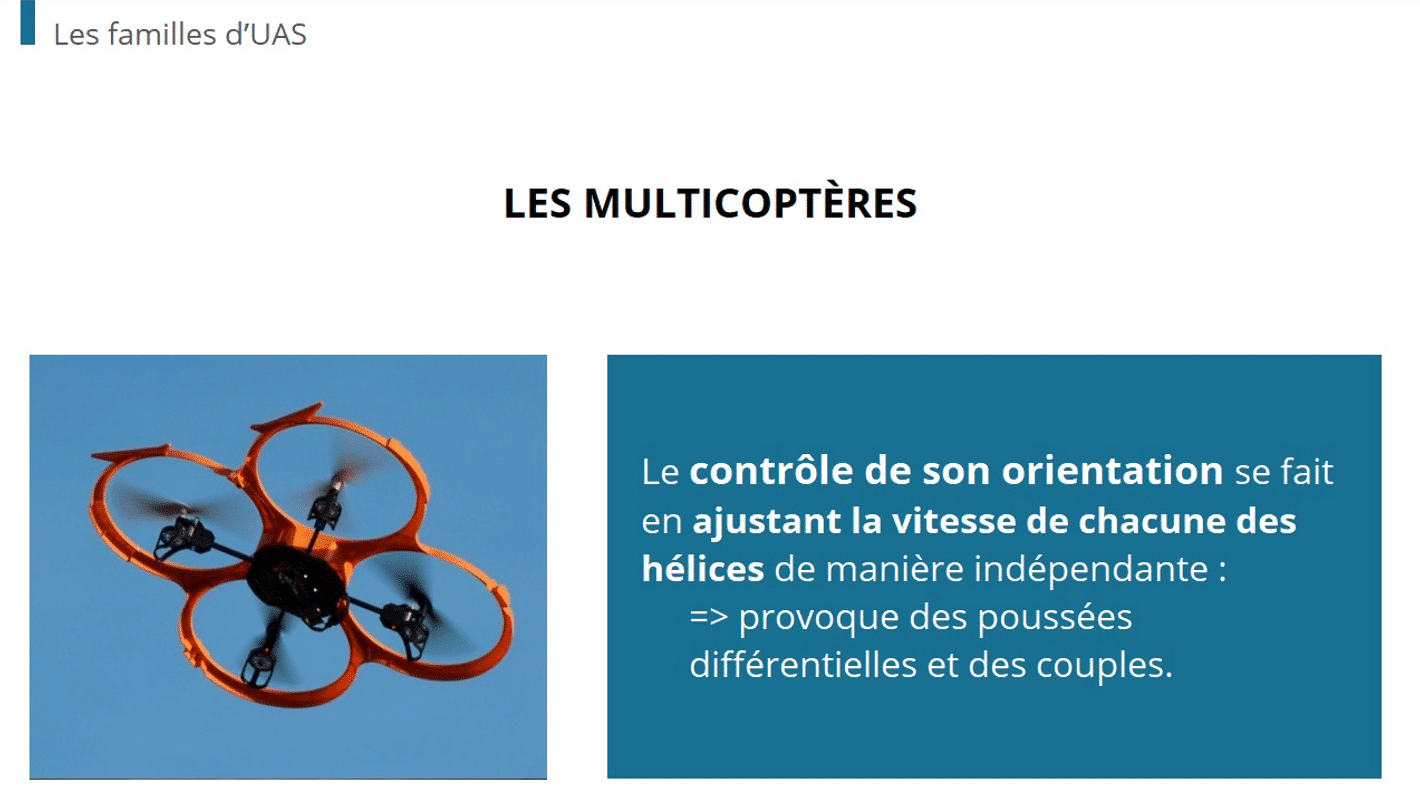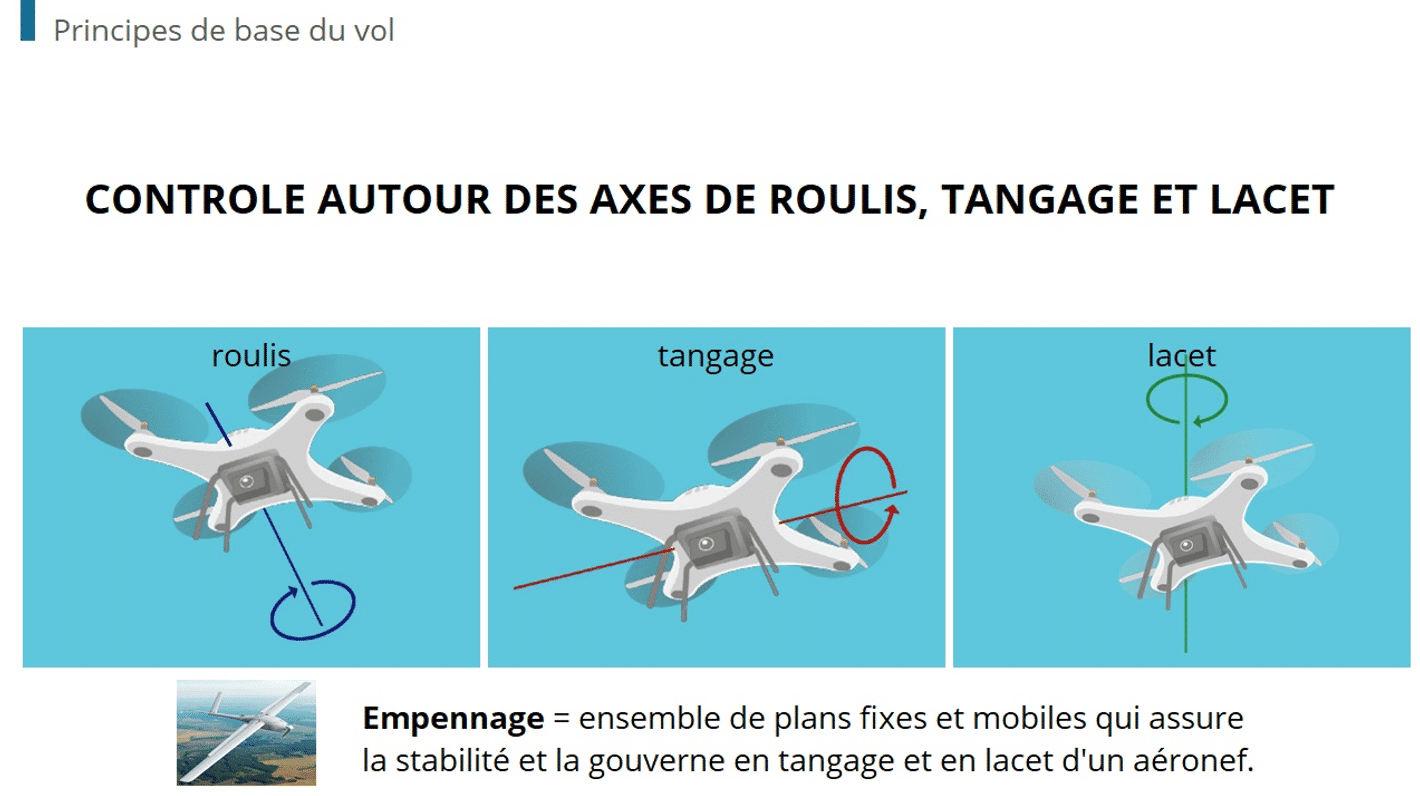The pharmaceutical and biotechnological industries are accustomed to change. Regulatory updates, new trends, and emerging information are a constant in this industry. In 2024 alone, the CFR Title 21-Food and Drugs saw approximately 229 section updates, emphasizing the importance of keeping employees informed and trained. What software applications—platforms—are available to address your organization’s training requirements ? Our quality experts will help you select the tool best suited to your industry: a Learning Management System or a Training Management System?
TMS vs. LMS: What’s the Difference?
You may have heard of the following terms:
- Training management system (TMS); and
- Learning management system (LMS).
While these systems may seem similar, they serve two different purposes.
- Training management system (TMS): A TMS is an application designed to streamline (and manage) the overarching logistics of instructor-led training programs. It provides a single point of contact for managing administrative, financial, and logistical aspects of instructor-led training, including organizing resources and scheduling courses.
- Learning management system (LMS): An LMS is a software application designed to manage, deliver, and assess educational courses and training programs. This platform excels in the e-learning environment, giving trainers the tools to develop learning experiences, track employee progress, and assess their performance.
Key differences between an LMS and a TMS
The following table highlights the most significant differences between the two application types:
| Training Management System | Learning Management System |
| Key Features | Key Features |
| Resource management | Validated LMS |
| Course management | Integrated video conferencing |
| Marketing and sales | QMS integration |
| Payment and invoicing | Course design tools |
| Learner management | Customizable dashboards |
| Who uses this software? | Who uses this software? |
| In-house training departments | Compliance teams |
| Learning and development teams | HR managers |
| Commercial training companies | Training coordinators |
| Processes | Processes |
| Managing trainers and SMEs | Creating e-learning courses |
| Organizing resources and logistics | Communication with trainers |
| Course calendar management | Tracking and assessing performance |
| Monitoring financials | Uploading content |
| Creating reports and business intelligence | Delivering content |
Both systems aim to streamline and improve training processes. In other words, they are similar, yet very different—they target different groups of users.
A TMS is designed to handle administrative and logistical training management tasks, making it ideal for instructor-led training programs. Alternatively, an LMS provides features like validated course delivery, real-time compliance tracking, and automated certification management that are essential for meeting FDA 21 CFR Part 11, EMA, and ISO standards.
Which System Best Suits Pharma and Biotech?
The pharmaceutical and biotechnology industries are some of the most highly regulated. As a result, they have unique software application requirements, making the answer to the question of which software application best suits the pharma and biotech industries simple.
The learning management system (LMS) is the more suitable of the two systems as it addresses the compliance training and knowledge-sharing requirements while adhering to standards like GxP, ISO 13485, and FDA 21 CFR Part 11.
Advantages of Learning Management Systems for Pharma and Biotech
An LMS provides the following benefits to pharma and biotech biotech companies:
- Compliance with regulatory standards: An LMS simplifies compliance by automating training delivery, tracking employee progress, maintaining audit-ready documentation with real-time updates, and ensuring your company complies with regulatory standards.
- Centralized training management: An LMS like Dokeos LMS integrates with existing QMS to create a unified compliance ecosystem that easily manages all training materials, SOPs, and certification records.
- Employee certification: Dokeos LMS generates individual training files and certificates, ensuring compliance with electronic signatures, timestamps, authentication, and log traceability. Additionally, Dokeos generates automated renewal notifications and tracks employee progress in real time, making sure your employees remain current and compliant.
- Enhanced learning experience: An LMS, such as Dokeos, has customizable dashboards that incorporate multimedia content into its platform, providing interactive modules and virtual meeting tools to engage learners with its role-specific learning paths, increasing comprehension and retention.
- Global scalability in workforce training: For biotech and pharma companies operating internationally, an agile, highly scalable LMS like Dokeos is mandatory. Dokeos includes features like multilingual support and customizable training modules, giving operations the ability to scale without impacting uptime SLAs (service level agreements).
Ways Dokeos LMS Supports Compliance for Pharma and Biotech Companies
Pharmaceutical and biotech organizations operate in one of the most highly regulated industries—compliance is non-negotiable. Specifically crafted for these industries, Dokeos is a validated, GxP-compliant solution that handles regulatory complexities. It delivers a comprehensive platform—including advanced tools—to manage training, documentation, and certification seamlessly.
Our robust platform ensures compliance with strict FDA, EMA, and ISO standards with verified training certificates that are timestamped and authenticated. Real-time audit trails capture every action, ensuring transparency and traceability and that you are always audit-ready. Furthermore, Dokeos LMS integrates fully with your existing QMS (quality management systems), resulting in a full-stack compliance ecosystem connecting training outcomes and quality management.
Dokeos includes dynamic course tools, allowing you to develop courses specific to SOPs and regulatory standards, allowing for flexible training. Moreover, Dokeos adapts to real time to evolving regulations via an automated update function. This enables real-time updates to training modules, records, and documentation.
Advanced analytics provides crucial insights into training effectiveness so you can make data-driven decisions that optimize employee performance by knowledge and skills gaps.
Multilingual features in Dokeos LMS help your global workforce adhere to local and international regulations, ensuring consistent knowledge and compliance across all operations. Far from being just software, Dokeos LMS acts as a strategic partner, enhancing efficiency, precision, and innovation.
Get started with a free Dokeos LMS trial today—no commitment required.
FAQs
What is a training management system (TMS)?
A training management system is an application designed to streamline (and manage) the overarching logistics of an instructor-led training commercial operation.
What are the key differences between a TMS and LMS?
The most important differences between an LMS and a TMS have to do with their functionality. A TMS manages all the administration and logistics of an instructor-led operation, while an LMS facilitates the creation and delivery of training modules.








